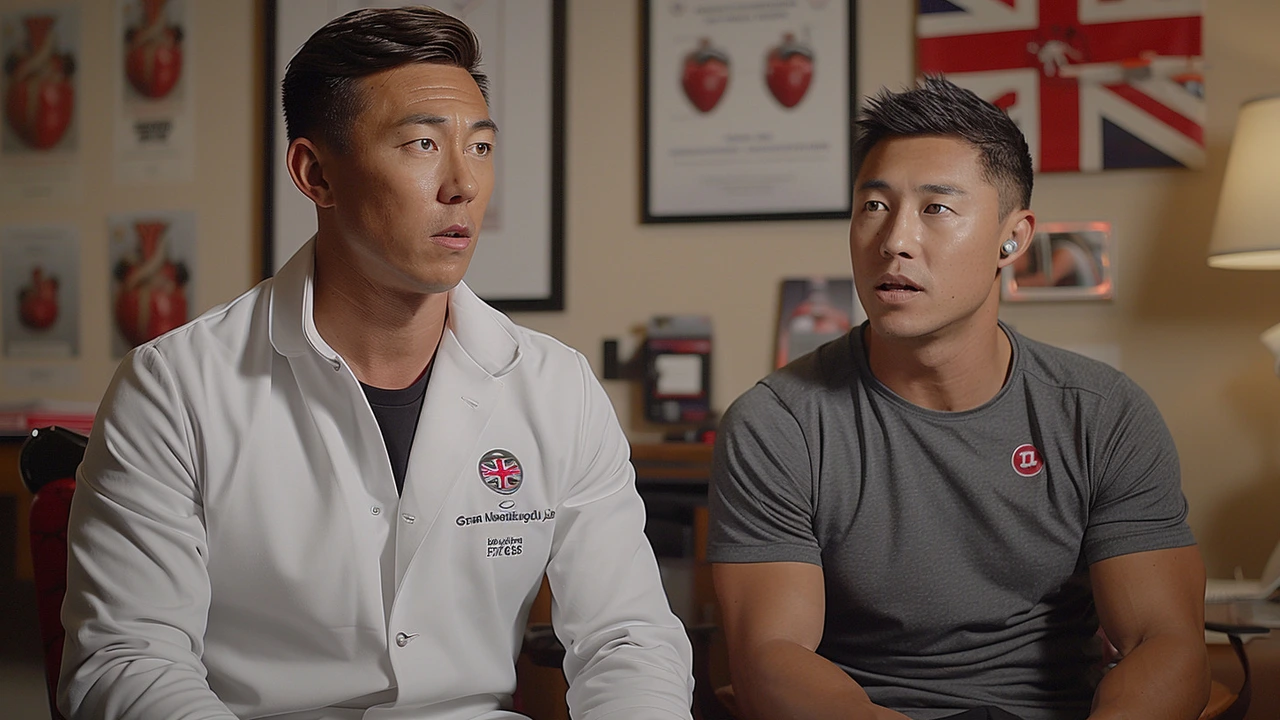Heart health: simple steps to lower blood pressure and stay strong
Heart disease is the top cause of death worldwide. That sounds scary, but small, everyday choices move the needle more than occasional grand gestures. This page pulls together straightforward, useful actions you can start today — how to track blood pressure, what habits actually help, and how to handle medications safely, including online pharmacy tips.
Measure and track — make numbers your friend
Buy a validated home blood pressure monitor and use it the same way each day: sit quietly five minutes, feet flat, arm at heart level. Take two readings one minute apart and record both. Aim for around 120/80 mmHg; if readings are regularly above 130/80, talk to your doctor about treatment. Don’t panic over one high reading — trends matter more than single spikes.
Keep a simple log (paper, phone app, or photo of the cuff screen). Share it during visits — a three-week record is often enough to show patterns and help your clinician adjust meds.
Daily habits that actually help
Food: cut added salt to under 2,300 mg daily if you can, aim lower if recommended by your doctor. Focus on whole foods — vegetables, fruits, lean proteins, and whole grains. The DASH diet (lots of veggies, low salt, healthy fats) works well for blood pressure.
Move: 150 minutes a week of moderate activity (brisk walking, cycling) lowers risk. You don’t need a gym — walking after meals, taking stairs, or 20-minute home workouts add up.
Weight and alcohol: losing 5–10% body weight often lowers blood pressure. Limit alcohol — no more than one drink daily for women and two for men is a common guideline.
Sleep and stress: aim for 7–8 hours. Use simple stress tools — deep breaths, short walks, or a 5-minute break — to avoid blood pressure spikes from chronic stress.
Medication and safe pharmacy tips
If your doctor prescribes medicines (ACE inhibitors like captopril/Capoten, ARBs, beta-blockers, diuretics), take them as directed and report side effects like cough, dizziness, or swelling. Never stop a blood-pressure drug suddenly — it can be dangerous.
Buying meds online? Use licensed pharmacies with clear contact details, require a prescription, and show secure payment. Avoid unbelievably low prices and sites that skip prescriptions. If you use telehealth, confirm the provider is legitimate and that the pharmacy ships from a verifiable address.
When to call for help: chest pain, sudden severe breathlessness, fainting, or sudden swelling in the legs need urgent care. For everything else, use your home readings and a medication log to talk to your clinician.
Small, consistent steps win: track your numbers, eat smarter, move more, sleep better, and handle meds and pharmacies with care. Those habits add up to a stronger, steadier heart.

Exploring Six Inderal Alternatives for 2025: Diverse Options for Heart Health
